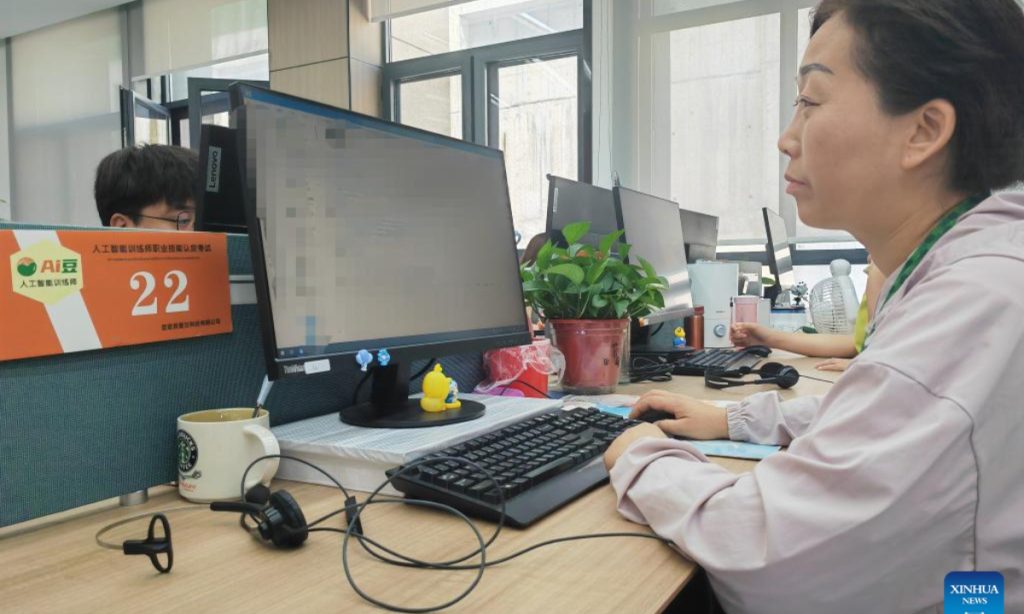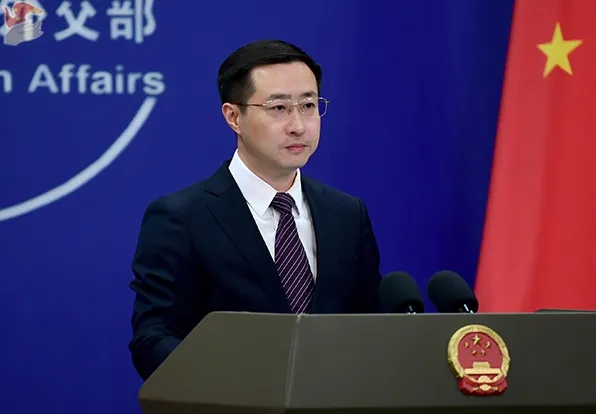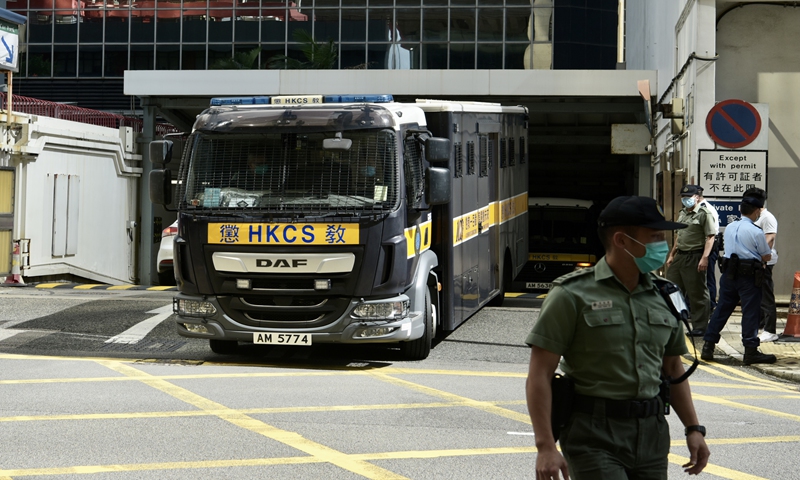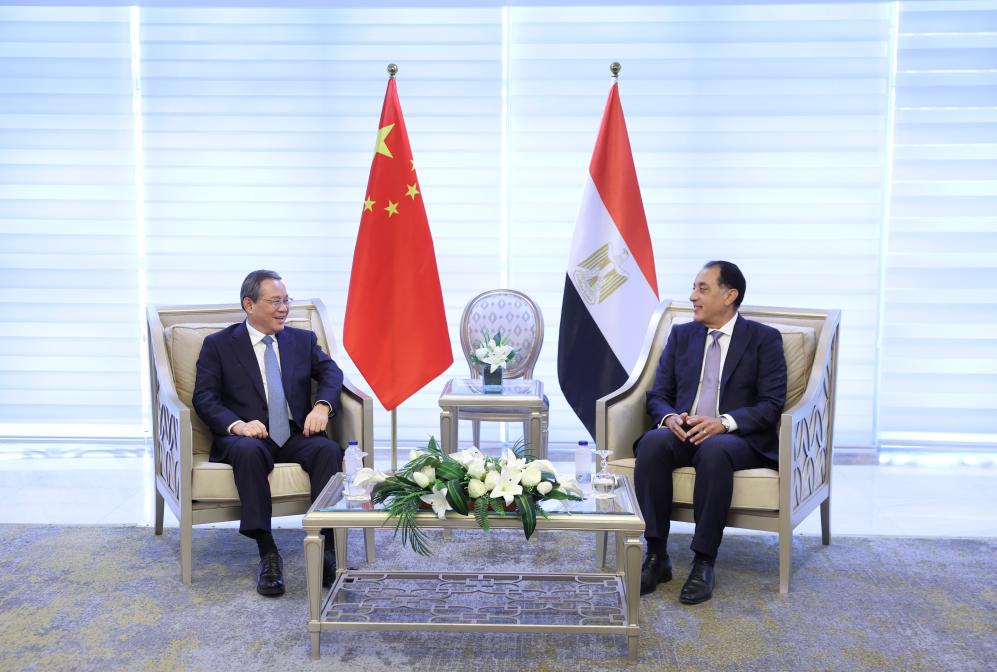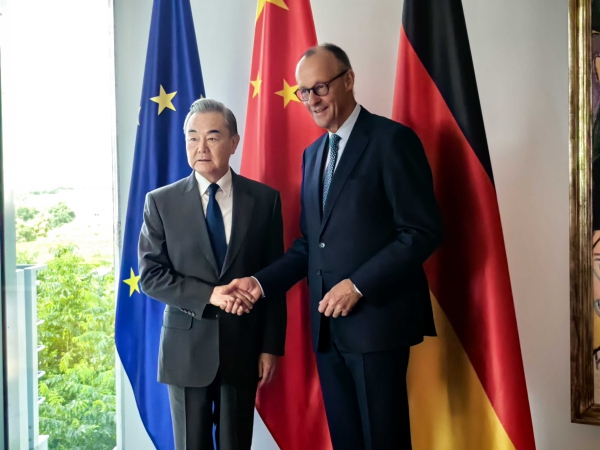Experts cite low transmission risk, advise on avoiding mosquitoes as chikungunya cases surpass 4,000 in Foshan

Chinese health experts reassured the public that there is no need to panic and that effective precautions can be taken to control mosquitoes and protect oneself during daily activities, as the chikungunya outbreak in southern China has drawn public attention in recent days, with total reported cases surpassing 4,000 in Guangdong's Foshan.
Thepaper.cn on Saturday reported that as of Thursday, all five districts of Foshan in South China's Guangdong Province had reported cases of chikungunya, with total cases exceeding 4,000. In Shunde district - the epicenter of the outbreak - 3,627 cases have been confirmed, cases have also been reported in other Guangdong cities, including Guangzhou, Yangjiang, and Zhanjiang.
Macao's Health Bureau reported that the city confirmed one imported case of chikungunya on July 18, the first such case this year. The patient had visited Foshan's Shunde district from July 8 to 17.
In response to the outbreak, the Guangdong provincial health authorities issued an open letter on Thursday via their official WeChat account, calling on all residents to join a province-wide campaign to eliminate stagnant water and control mosquito breeding. The campaign aims to curb the spread of both dengue fever and chikungunya fever.
On Friday, the Standing Committee of the CPC Guangdong Provincial Committee convened a meeting to hear updates on chikungunya prevention and control. The meeting noted that epidemic control efforts are at a critical stage, and while initial containment measures have shown results, challenges still remain. In addition, the summer typhoon season and heavy rainfall are complicating prevention efforts. Authorities stressed that there must be no complacency in combating the outbreak, Nanfang Plus reported.
Several cities in other parts of China have issued public health reminders. On Saturday, the Beijing Center for Disease Prevention and Control (CDC) released a Q&A guide on chikungunya, stating that the virus is primarily transmitted through bites from Aedes mosquitoes. It is not spread through coughing, sneezing, talking, or other casual contact. Most infections are mild, with symptoms including sudden fever and joint pain, which typically resolve within a week.
The Beijing CDC reassured residents that the risk of local transmission in the city remains extremely low and that there is no need for panic.
In another advisory issued on Tuesday, the Beijing CDC noted that although only sporadic imported cases have been found in the city so far, the growing volume of international travel means the risk of imported cases remains.
On Tuesday, the World Health Organization (WHO) warned that a major chikungunya virus epidemic could sweep across the globe, calling for urgent action to prevent it. The WHO said it was observing the same early warning signs as in a major outbreak two decades ago and wanted to prevent a repeat, AFP reported.
"Chikungunya is not a disease that is widely known, but it has been detected and transmitted in 119 countries globally, putting 5.6 billion people at risk," said the WHO's Diana Rojas Alvarez, per the AFP.
Zhuang Shilihe, a Guangzhou-based medical expert who closely follows public health issues, told the Global Times on Saturday that for residents in Guangdong, prevention remains the most crucial aspect. Zhuang noted that this disease is not transmitted directly from person to person but through mosquitoes as vectors, making mosquito control measures particularly important.
"At the community level, areas with high mosquito density or standing water should be promptly cleared. On an individual level, people are advised to use mosquito repellent, wear long sleeves and pants, and protect exposed areas such as the neck," Zhuang said.
While the outbreak has shown signs of spreading beyond Foshan to other cities in Guangdong Province, the overall risk remains controllable, as the disease is spread by mosquitoes, northern regions - where mosquitoes are less prevalent - face relatively lower transmission risks, Zhuang noted.
The expert added that Guangdong Province has in recent days launched a province-wide mosquito eradication campaign. Given the disease's incubation period of around 2 to 9 days, the impact of the control measures will take some time to become apparent.
The transmission of the chikungunya virus typically peaks during the summer season. However, due to increasingly hot weather in recent years, the transmission period may be extended to September, Zhuang said.
China recorded its first imported chikungunya case in 2008. Since then, small-scale outbreaks caused by imported cases occurred in 2010 and 2019, but none reached the scale seen this year.
Why, then, is this year's outbreak larger than previous ones? Liu Qiyong, chief vector-borne disease expert at the Chinese CDC, explained that the current outbreak is largely driven by the virus's high global prevalence.
On July 22, WHO experts issued an alert stating that chikungunya transmission has been reported in 119 countries and regions. After the virus entered China, the presence of Aedes mosquitoes, the primary vector, enabled local transmission and small-scale outbreaks, Liu said.
Favorable climate conditions and the specific virus strain have also contributed to the unusually large scale of this year's outbreak, Liu noted, as warm, humid weather has increased mosquito density. The imported strain - an Indian Ocean lineage - is also particularly efficient at spreading via Aedes mosquitoes.
